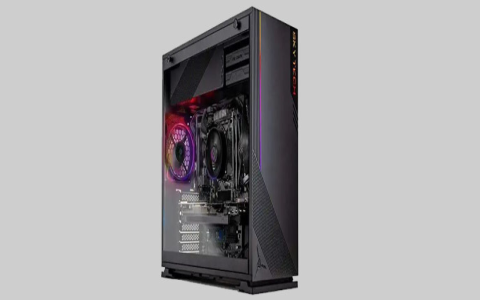When the power goes out unexpectedly, it’s one of those moments that really makes you appreciate having a reliable generator. Whether it’s a sudden storm knocking out electricity or a weekend camping trip where you want some modern comforts, a good generator can be a lifesaver. Now that we’re in 2025, there are so many options out there—some super powerful, others ultra-quiet, and everything in between. So, I thought it’d be helpful to break down the best generators this year, what makes them stand out, and who they’re really for.
First off, it’s worth knowing that not all generators are created equal. You’ve got your portable generators, which are great for moving around, camping, or handling short outages. Then there are standby generators that sit permanently outside your house and kick in automatically when the grid fails—these are perfect if you want zero hassle during a blackout. And if you’re sensitive about noise or want to power delicate electronics, inverter generators are the way to go. Lastly, there’s the diesel generator category, mostly for heavy-duty or commercial use.
Choosing the right one really depends on what you need it for. I mean, you wouldn’t want to lug a giant standby generator to a camping trip, right? And a tiny inverter might not cut it if you’re trying to power a whole house.
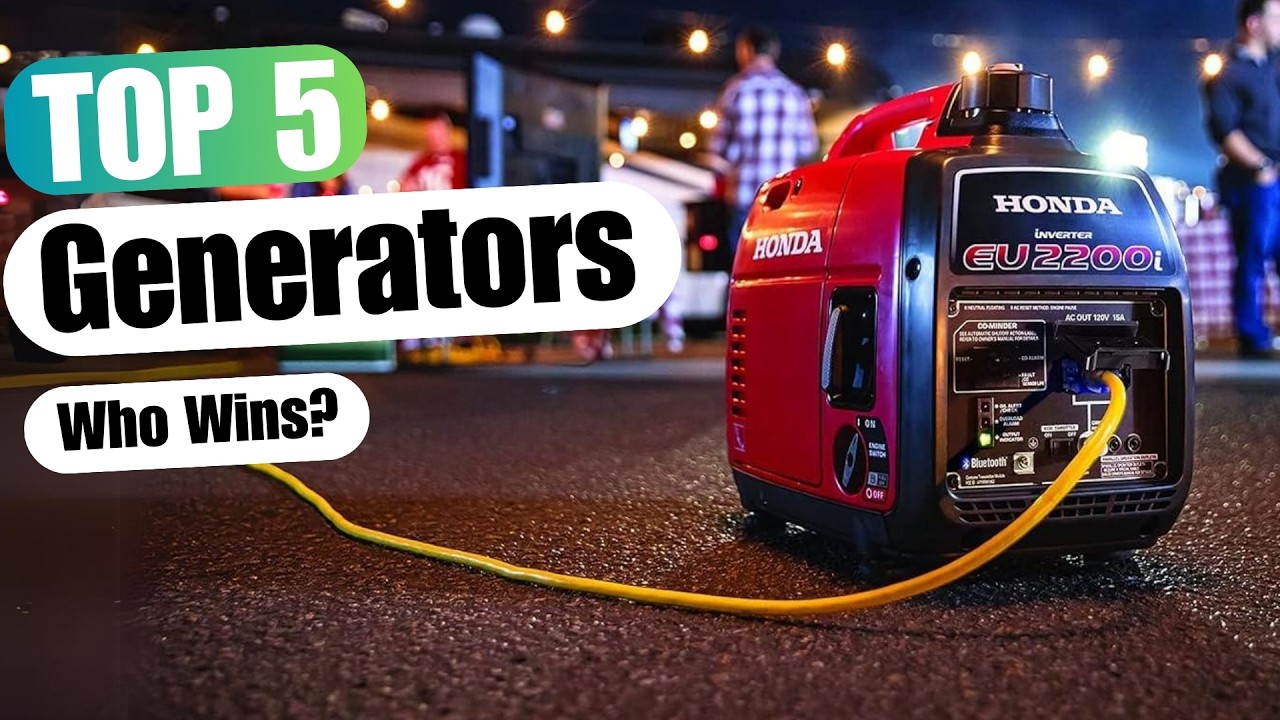
What Should You Look For?
Here’s the deal: when picking a generator, there are a few things you just can’t ignore. Power output is king—measured in watts, it tells you how much stuff you can run at once. But don’t just look at the running watts (the steady power); check the starting watts too, because some appliances need a big surge to get going.
Fuel type matters a lot. Gasoline is common and easy to find, but propane and natural gas are cleaner and often cheaper in the long run. Diesel is tough and efficient but can be noisy and heavy. Also, think about how long you want it to run—fuel tank size and consumption rates come into play here.
Noise is another biggie. Some generators sound like a lawnmower on steroids, while others whisper quietly enough to not disturb your neighbors. If you’re using it at home or camping, quieter is definitely better.
Safety features are a must. Nobody wants to worry about carbon monoxide poisoning or engine damage, so look for models with CO detectors, low oil shut-off, and overload protection.
And if you’re planning to move your generator around, weight and portability can’t be overlooked. Some of the bigger units are beasts and need wheels or a couple of strong friends to shift them.
Let’s Talk About the Best Generators in 2025
| Model | Type | Running Watts | Starting Watts | Fuel Type(s) | Noise Level (dB) | Weight (lbs) | Key Features |
|---|---|---|---|---|---|---|---|
| Generac GP9500E | Portable | 9,500W | 12,500W | Gasoline, Propane, Natural Gas | 65 | 219 | Electric start, CO shutoff, low oil shut-off, durable |
| Generac Guardian 22,000W | Standby | 22,000W | N/A | Propane, Natural Gas | Quiet for size | Heavy | Automatic transfer switch, WiFi monitoring, hurricane-proof |
| WEN GN625i | Portable | 5,000W | 6,250W | Gasoline | 75 | 120 | Budget-friendly, transfer switch outlet, electric start |
| Honda EU2200i Companion | Portable Inverter | 2,200W | 2,200W | Gasoline | 48-57 | 47 | Ultra-quiet, fuel-efficient, clean power for electronics |
| DuroMax XP12000EH | Portable | 9,500W | 12,000W | Gasoline, Propane | Moderate | 230 | Dual fuel, electric start, rugged design |
Generac GP9500E: The Workhorse
If you want a generator that can handle most household needs without emptying your wallet, the Generac GP9500E is a solid bet. It pumps out 9, running watts and can surge up to 12, watts, which means it can power your fridge, sump pump, and even some power tools simultaneously.
One thing I really like about this model is the fuel flexibility. You can run it on gasoline, propane, or natural gas, which is pretty handy if you want to stock up on different fuels or switch depending on availability. Also, safety-wise, it’s got a CO shutoff and low oil shut-off, so you don’t have to constantly babysit it.
On the downside, it’s not the quietest at decibels, and at pounds, it’s not something you’ll want to carry around solo. But if you’ve got wheels or a helper, it’s manageable.
Generac Guardian 22,000W: The Big Guy
For those who want the ultimate peace of mind, the Generac Guardian 22,000W standby generator is a beast. It’s designed to power your entire home, no matter how many gadgets or appliances you have. The best part? It kicks in automatically the moment your power goes out, so you don’t even have to think about it.
It’s also packed with smart features like WiFi monitoring, so you can check its status from your phone, and it’s built tough enough to handle serious weather, including hurricanes. The price tag is higher, but if you rely on power for medical devices or work from home, it’s worth every penny.
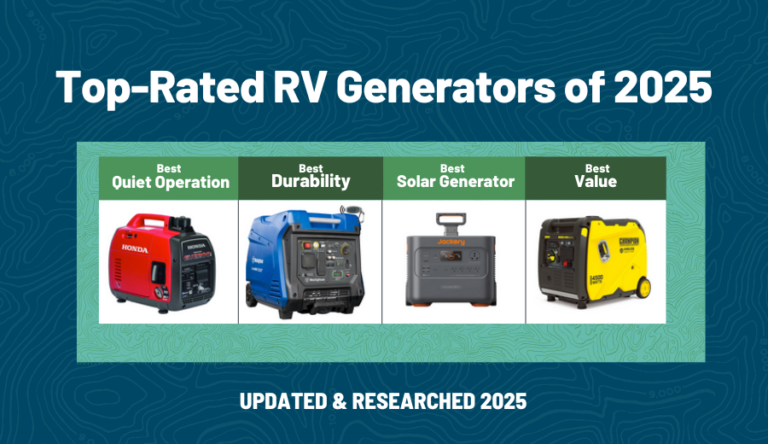
WEN GN625i: Budget-Friendly and Reliable
Not everyone needs a giant generator, and that’s where the WEN GN625i shines. It’s perfect for smaller homes or basic backup needs. It delivers 5, running watts, which is enough for lights, a fridge, and some tools.
It’s a bit louder at decibels, so maybe not the best choice if you’re camping or want quiet. But for the price, it’s a steal. Just keep in mind it’s heavier than some smaller models and has a shorter warranty.
Honda EU2200i Companion: Quiet and Clean
If you’re heading out camping or need a generator for sensitive electronics like laptops or medical equipment, the Honda EU2200i is a favorite. It’s super quiet—think whisper-quiet compared to other generators—and fuel-efficient, running over hours on just a gallon of gas.
Plus, it’s light enough to carry around easily at pounds. The only catch is the price; it’s on the higher end, but the reliability and noise level make it worth it for many.
DuroMax XP12000EH: Dual Fuel Flexibility
The DuroMax XP12000EH is a beast that lets you switch between gasoline and propane, which is great if you want backup options. It’s ruggedly built, can handle heavy-duty jobs, and has an electric start for convenience.
It’s a bit heavier and louder than some, but if you want power and flexibility, this one’s a contender.
Fuel Efficiency and Runtime at a Glance
| Model | Fuel Type(s) | Fuel Capacity (Gallons) | Runtime @ 50% Load (Hours) | Hourly Fuel Cost/kWh* |
|---|---|---|---|---|
| Generac GP9500E | Gasoline, Propane, Natural Gas | 7. (gasoline) | ~10 | Moderate |
| Generac Guardian 22,000W | Propane, Natural Gas | N/A (connected to gas line) | Continuous (as long as gas supply) | Low |
| WEN GN625i | Gasoline | 4.2 | 8.5 | $0.65 |
| Honda EU2200i Companion | Gasoline | 1.6 | 8.1 | Low |
| DuroMax XP12000EH | Gasoline, Propane | 8.3 | 10 | Moderate |
*Fuel costs vary depending on location and market prices.
Safety and Maintenance Tips You Can’t Ignore
Look, generators can be lifesavers, but if you don’t treat them right, they can also be dangerous. Always run your generator outside, never indoors or in a garage—that carbon monoxide is no joke. It’s smart to have a CO detector near the generator area just in case.
Don’t overload your generator—check the wattage limits before plugging in everything you own. And keep it dry; water and electricity are a bad combo.
Maintenance-wise, changing the oil every to hours is key. Also, check air filters, spark plugs, and fuel lines regularly. Running your generator once a month for a bit helps keep the engine lubricated and ready.
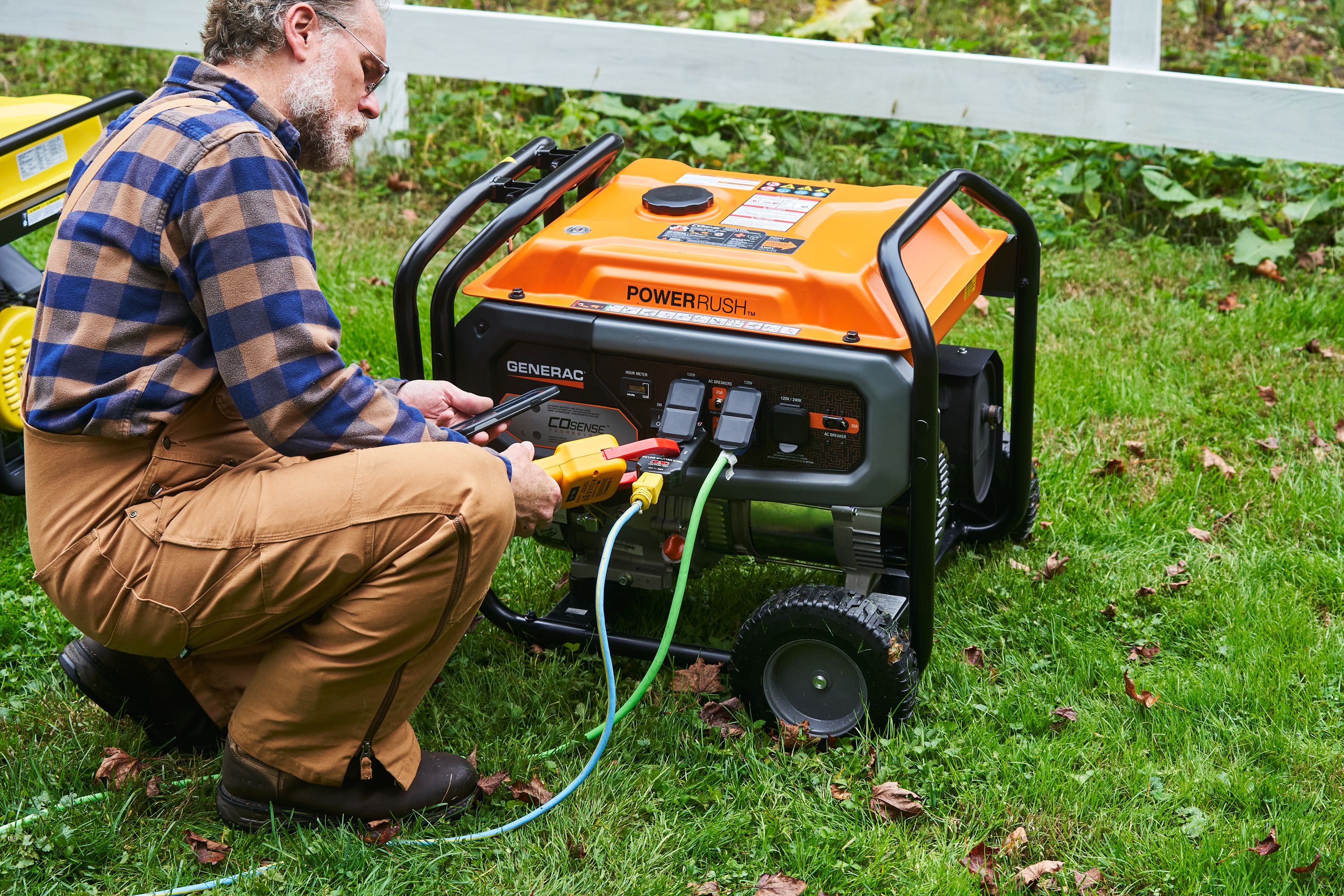
FAQs
Q: How do I know what size generator I need?
A: Make a list of everything you want to power, add up their running and starting watts, then add about 20-30% extra to be safe. Small homes usually need around 5, to 7, watts; bigger homes might need 15, or more.
Q: What’s the difference between running watts and starting watts?
A: Running watts are the steady power your generator can provide. Starting watts are the extra burst needed to start things like refrigerators or air conditioners.
Q: Can I run my generator indoors?
A: Absolutely not. Generators produce carbon monoxide, which is deadly. Always run them outside with good ventilation.
Q: How often should I maintain my generator?
A: Oil changes every 250- hours, monthly test runs, and regular inspections will keep it in good shape.
Q: Are inverter generators better?
A: They’re quieter, more fuel-efficient, and produce cleaner power, which is great for sensitive electronics. But they usually cost more and have lower power output than traditional generators.
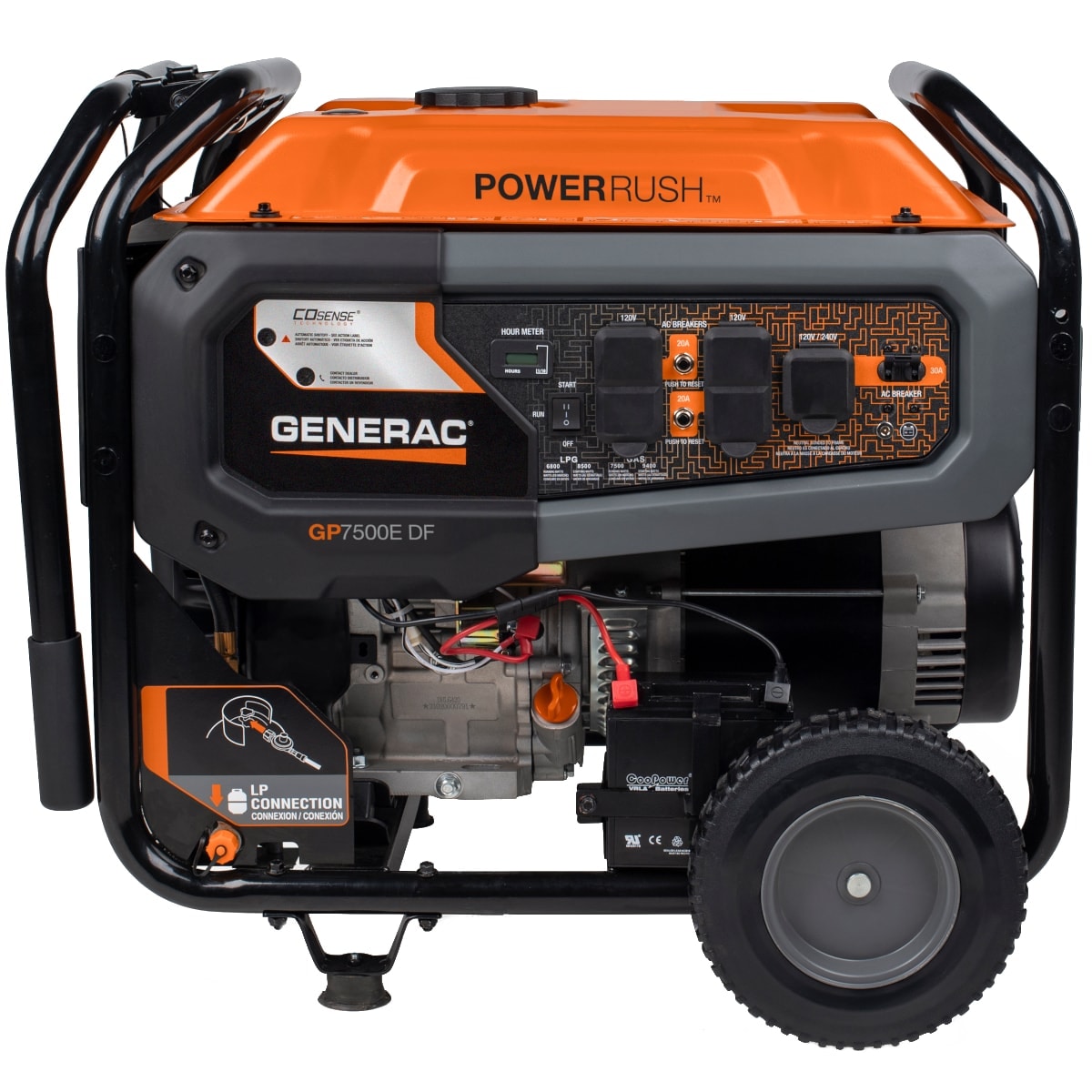
Wrapping It Up
So, what’s the takeaway? If you want a reliable, powerful generator without spending a fortune, the Generac GP9500E is a fantastic choice. For those who want hands-off, automatic power backup, the Generac Guardian 22,000W is unbeatable. If you’re on a budget, the WEN GN625i does the job well enough. And for quiet, clean power, especially for camping or electronics, the Honda EU2200i Companion is hard to beat.
At the end of the day, it’s all about matching your needs with the right generator. Think about power requirements, fuel options, noise, and safety, and you’ll be set to weather any outage or outdoor adventure with confidence.
